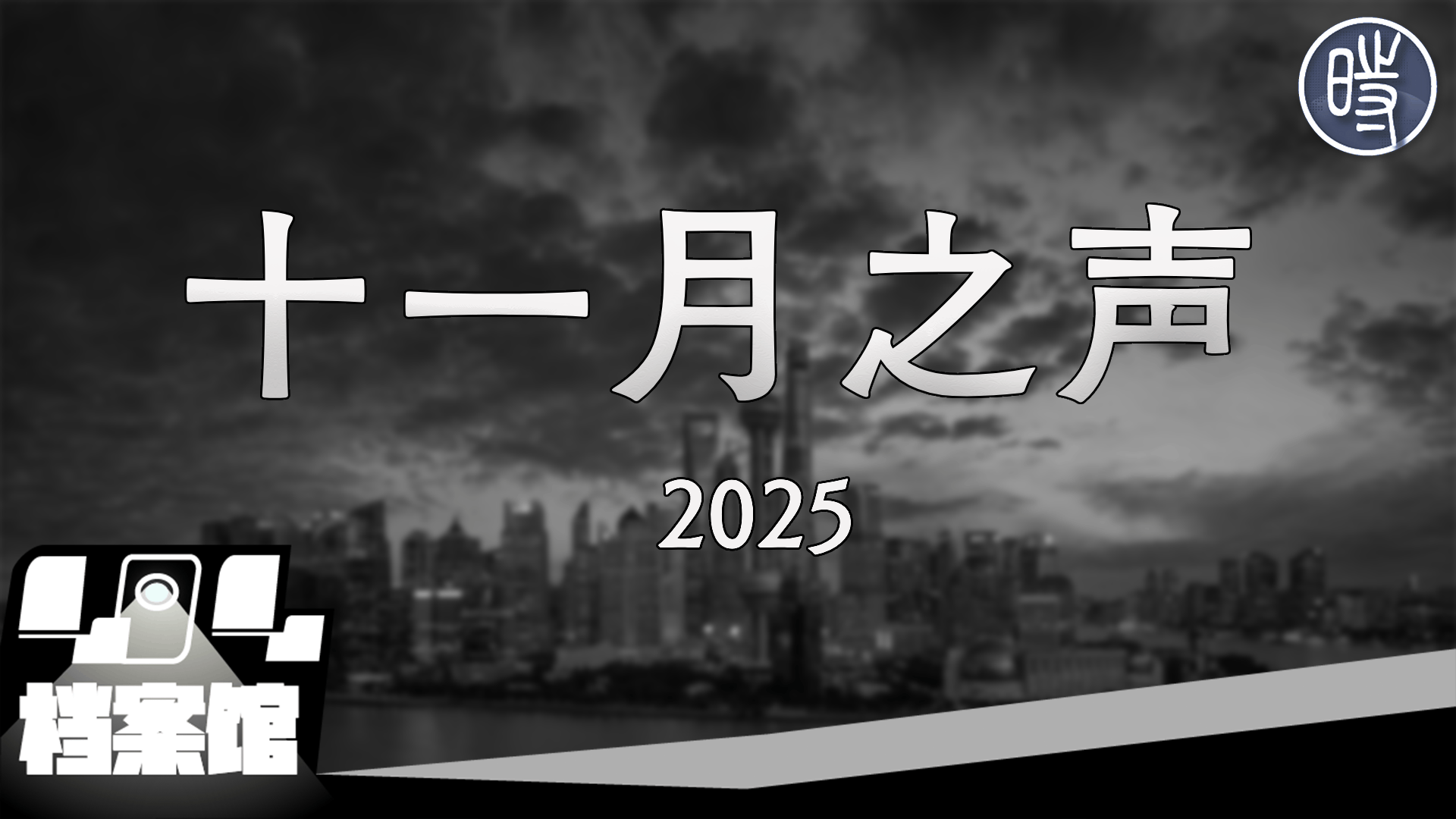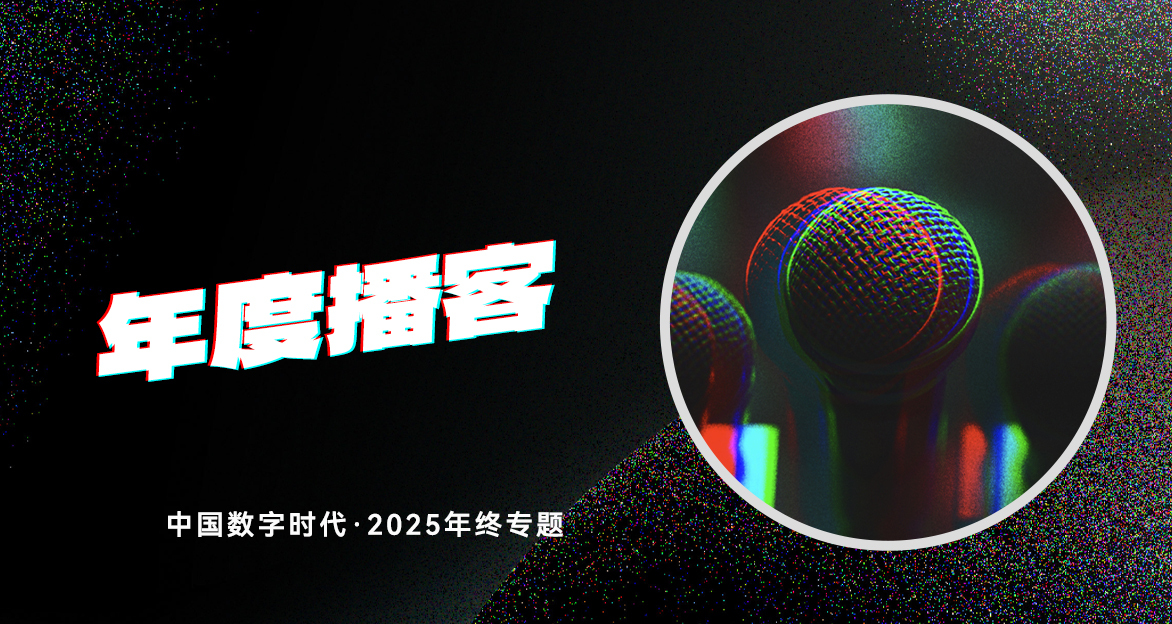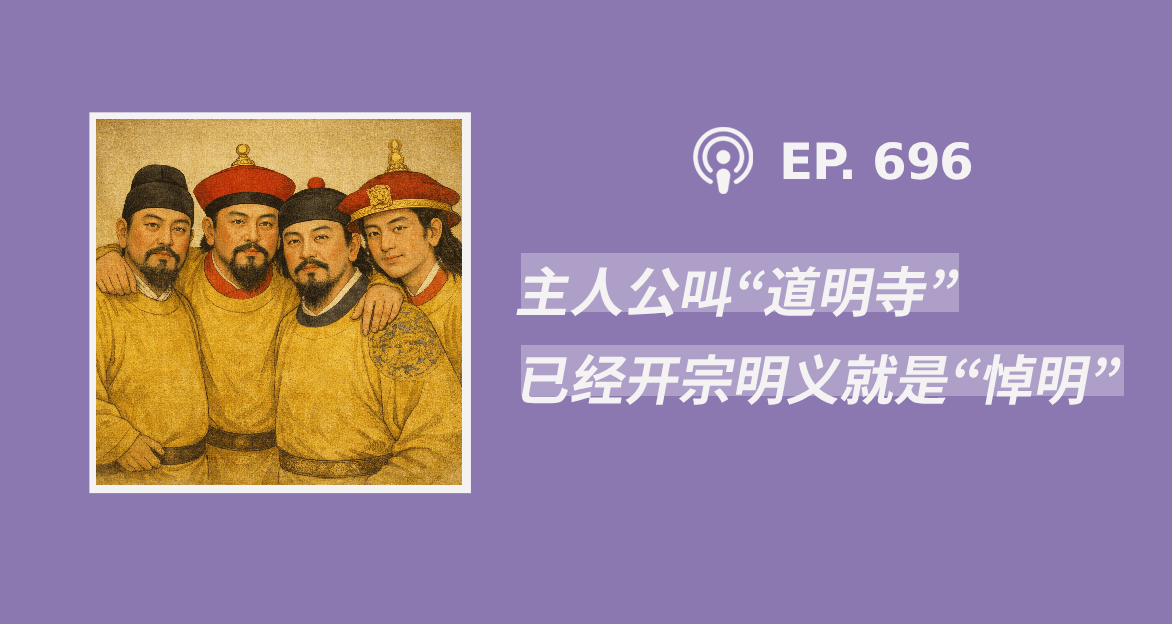Banished for a big mouth
贺卫方按:昨天,《环球时报》英文版(Global Times,March 30 2011)以“Three outspoken academics”为题对张鸣、陈丹青和我作了一组报道。从这篇报道里,我们又一次看到,在中国,媒体管理尺度的“内外有别”。假如不搞这种奇特的“一报两制”,该报中文版也能如此坦率真诚,尊重事实,遵循传媒伦理,那该多么好。其实,也不过是实事求是而已。假如所谓稳定要靠掩饰和谎言来维系,这样的稳定注定是不长久的。
我将关于我的这一部分转帖一下,配发一张某次聚会友人拍摄的三人合影。
这是出处链接:
http://en.huanqiu.com/special/2011-03/639456_2.html
——————————————————————————————
In January 2011 He Weifang came back to Beijing from Shihezi University of the Xinjiang Uyghur Autonomous Region.
A law professor at Peking University, he had been sent to the remote sub-prefecture-level city in northern Xinjiang in March 2009 as part of a support program where students and teachers from advanced areas are asked to teach in less-developed places as a means to improving national standards.
Most observers believed He had in fact been banished for his outspokenness. A law professor for more than 20 years, He has been unusually brave about sharing his views on the most sensitive societal issues.
“My only intention [ for participating in public discussion] is to use my expertise as a legal scholar to help the public understand what is the law, the legal system and the Constitution,” he said.
His interaction with the pub-lic in these circumstances is a two-way street, He explained.
“I get to learn about the needs and the problems of today’s society as well.”
He started out studying the Western legal system, but then moved on to the Chinese. The more he dug in, the more he came face to face with serious injustices and the need for wholesale reform.
He has written more than 900 blog posts in the last five years, drawing about 10 million visits.
In his articles and speeches, He criticized the high-profile anti-mafia campaign in Chongqing last year and commented on both the controversial mob boss lawyer Li Zhuang case and the stabbing waitress Deng Yujiao case.
He was one of five legal experts who back in May 23, 2003 suggested the government initiate a special investigation into the watershed Sun Zhigang case that led to important reforms of the hukou residency and police detention systems.
In June 2005, He announced that he would no longer recruit graduate students in protest against the education system, notably the flawed examination system that discriminates against the most talented in favor of pen-pushers.
He has touched upon topics including democracy, freedom of the press, establishing an inde-pendent judicial system and land privatization at what should have been a private meeting of experts discussing China’s economy and reform on March 4, 2006.
The minutes of the meeting later leaked onto the Internet where He was targeted by certain media for being “too aggressive” and was even called “a heretic.”
New leftist website wyzxsx. com (home of utopia) has singled out He for abuse after he suggested separation of powers might not be such a bad thing for the People’s Republic of China.
He believes there’s nothing outrageous about his views. “I only spoke common sense as a legal scholar,” he said.
In July 2008, He publicly announced he was to leave Peking University and hoped to join a new start-up law school in Zhejiang University, Hangzhou. However, the invite fell through and Peking University invited him back. He was then promptly dispatched to Xinjiang.
本文由自动聚合程序取自网络,内容和观点不代表数字时代立场














